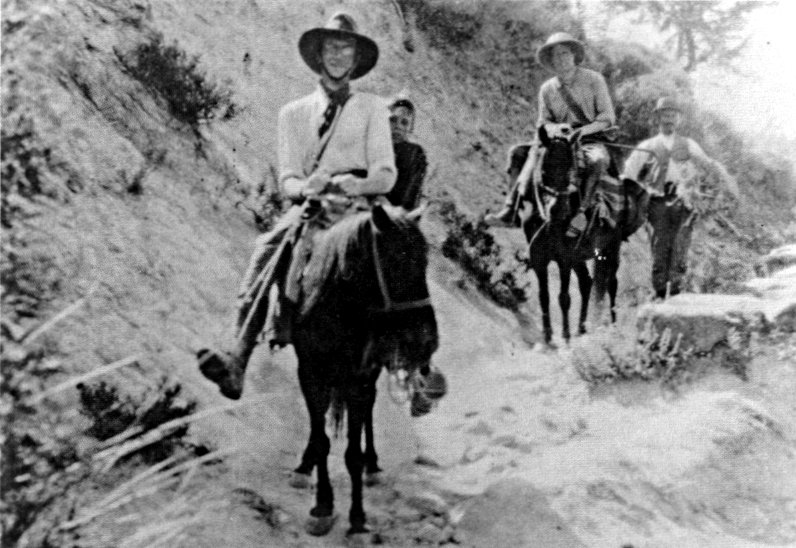Envelope – to Mrs Webster, 29 Strathleven Rd, franked 12 Ja 15 – censored by A Griffith
dated 11-1-15
Dear Aunt
Just a few lines hoping this finds you in the best of health. Well Aunt I am getting on as well as can be expected and still in the pink. We are getting on as well as can be expected and still dodging Jack Johnsons. The weather out here is terrible don’t talk about rain the country is absolutely flooded so you can guess what it is like.
I expect you have got over Xmas by now I see you had a full house, I wish I had been at home. Tom is getting plenty of leave, I wish I could get away for a few days, but I believe I am getting seven days before long, but it will be some time yet, but still lets hope it will be soon, and then we will have a good time together all of us, that’s providing all goes well out here.
Aunt have you received my two PC, well I expect you only got on, for I have [heard] that one lot of mail got burst (?burnt) and I expect your PC was in it. Please to hear that Uncle Matt is still on the knocker let’s hope he as the luck to keep it. Old Till’s Johnnie seems to be a knut tell her I have just received the Chocolate from him, and he said he had a good time at Brixton, said he nearly got (succled ?) on cold tea. Well Aunt I don’t think there is any more news at present, so will conclude hoping to hear for you soon, and also Uncle Matt.
I remain
Your affectionate Nephew
Bid xxx
11th January 1915
Griffith, sadly, didn’t survive the war. He was transferred to the 2nd Battalion and sent to the Middle East, after being wounded in St Elois later in 1915. He went missing in Mesopotamia on the 25th March 1917 and is commemorated on the Basra War Memorial in Iraq. He was one of the 1200 Allied men who were casualties in the battle of Jebel Hamlin, as the British tried to push the Turkish out of Iraq. The battle, fought largely unsupported by artillery against a well dug in enemy (surprise, surprise), was disastrous for the newly reconstituted 2nd Battalion Dorsets who lost nearly 220 out of 500 men in the action.
Frank’s letter to his Aunt Caroline is filled with his usual abundance of positivity, but there is one line that expressed his resignation about the situation he finds himself in: “that’s providing all goes well out here”.
He’s very complimentary about my Great Grandfather, Carl Robert Debnam, of whom the beer of Brixton seems to have got the better of. A “knut”, according to the ever-excellent Edwardian Promenade’s glossary, is “an idle upper-class man-about-town”. (My grandfather, Bob, wasn’t a man who could hold his beer and I don’t have hollow legs when it comes to ale either – although we both enjoyed a pint when he was alive). He’s also finally got the chocolate promised back in November.
The Dorsets hunkered down in their soggy trenches while the artillery on both sides played out a deadly game of cat and mouse. The landscape, once liberally dotted with farms and villages in November, was slowly being reduced to piles of rubble and heaps of mud as the two sides pounded any landmark that might offer advantage to the other side.

